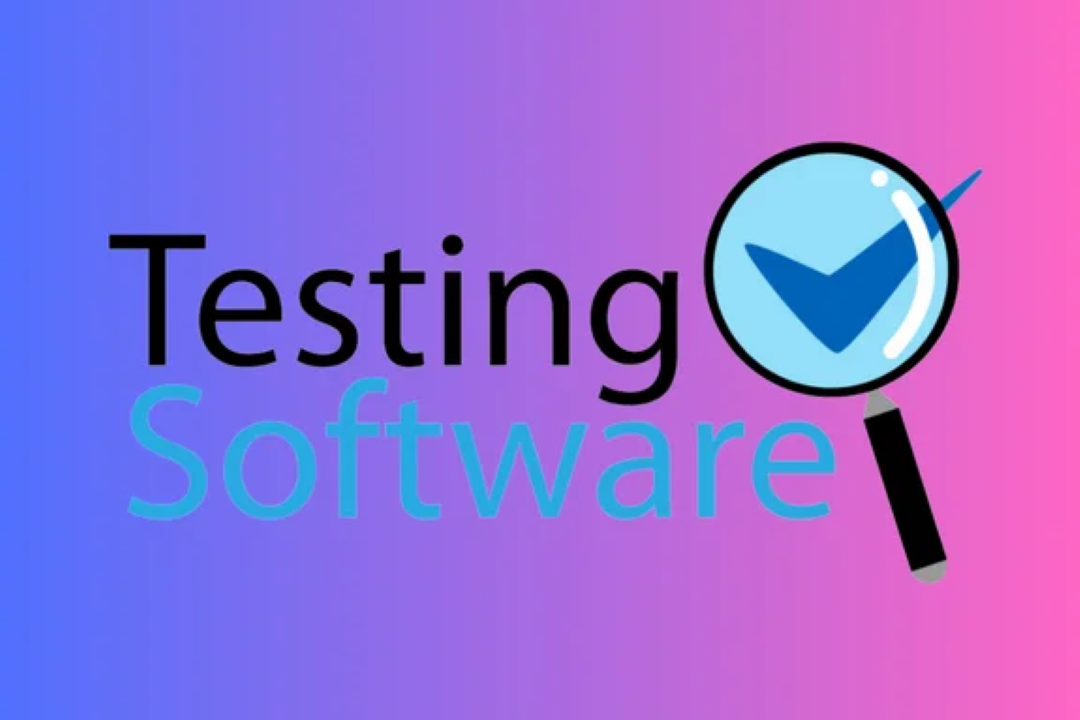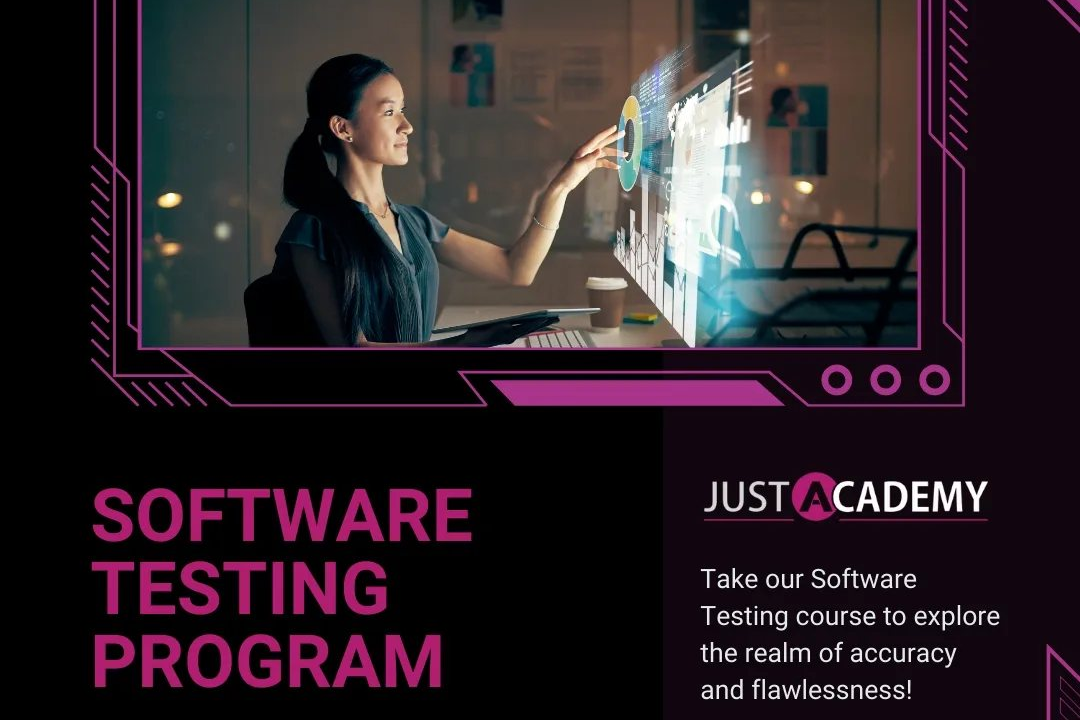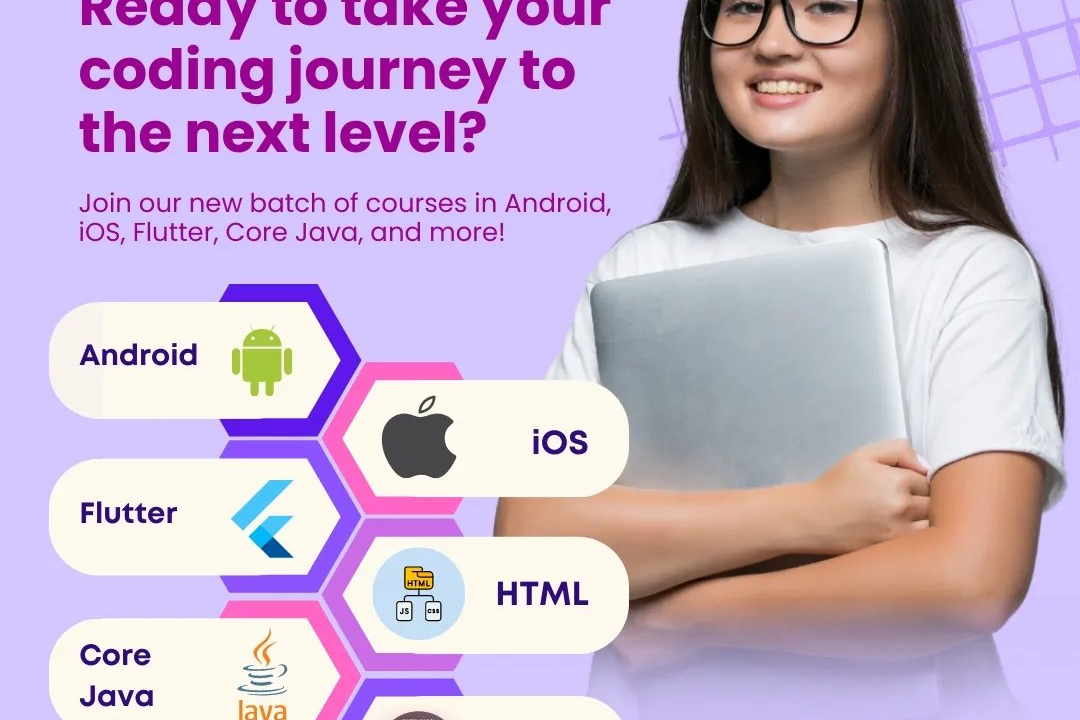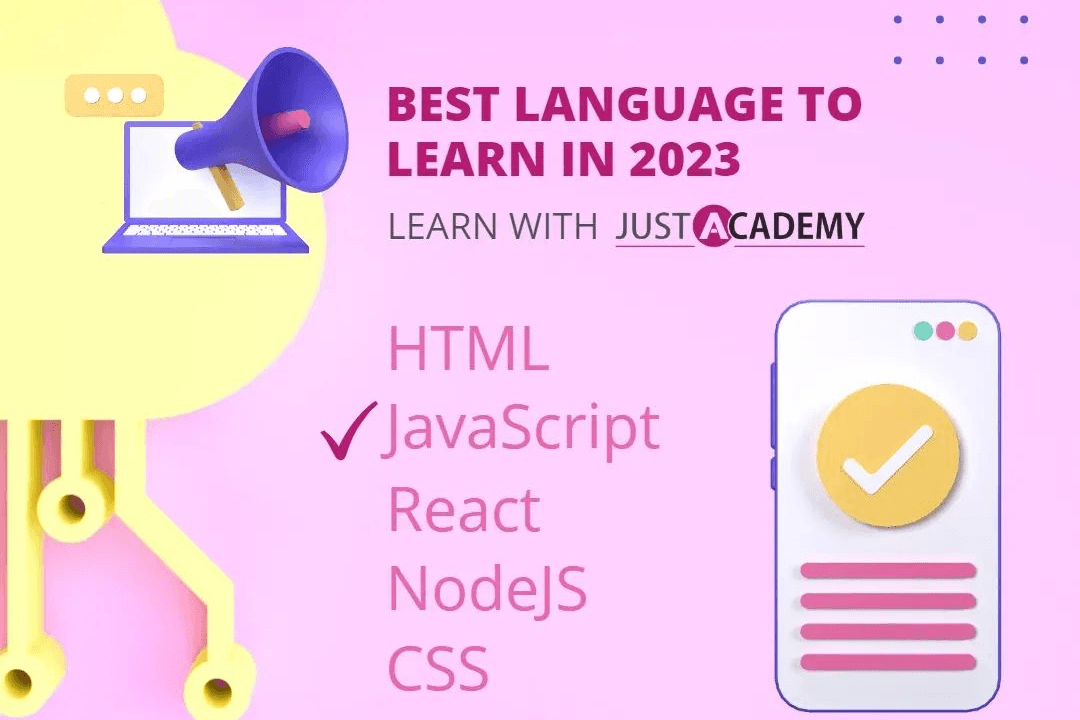Mobile Automation Using Appium Interview Questions
Mobile automation using Appium focuses on the use of the Appium framework to automate the testing of
Mobile Automation Using Appium Interview Questions
Mobile automation using Appium is increasingly relevant in the tech industry due to the growing reliance on mobile applications across various platforms. During interviews for mobile testing roles, candidates can expect questions that explore their understanding of Appium's capabilities, including its cross-platform support and the ability to automate native, hybrid, and mobile web applications. Knowledge of Appium's architecture, how to write effective test scripts, manage device connectivity, and integrate with testing frameworks is crucial. As mobile applications evolve, the ability to ensure consistent performance through automation not only saves time and resources but also enhances app quality and user satisfaction, making proficiency in Appium a valuable asset in any testing professional’s skill set.
To Download Our Brochure: https://www.justacademy.co/download-brochure-for-free
Message us for more information: +91 9987184296
Mobile automation using Appium is increasingly relevant in the tech industry due to the growing reliance on mobile applications across various platforms. During interviews for mobile testing roles, candidates can expect questions that explore their understanding of Appium's capabilities, including its cross platform support and the ability to automate native, hybrid, and mobile web applications. Knowledge of Appium's architecture, how to write effective test scripts, manage device connectivity, and integrate with testing frameworks is crucial. As mobile applications evolve, the ability to ensure consistent performance through automation not only saves time and resources but also enhances app quality and user satisfaction, making proficiency in Appium a valuable asset in any testing professional’s skill set.
Course Overview
The “Mobile Automation Using Appium Interview Questions” course is designed to equip learners with essential knowledge and skills needed to excel in mobile testing interviews. This course focuses on the key concepts of Appium, including its architecture, capabilities for automating native, hybrid, and mobile web applications, and scripting techniques. Participants will explore common interview questions and hands-on interview scenarios, enabling them to confidently demonstrate their understanding of mobile automation principles. Additionally, the course covers best practices for using Appium effectively, integration with various testing frameworks, and troubleshooting common issues, ensuring candidates are well-prepared to tackle real-world challenges in mobile automation testing. Join us at JustAcademy to enhance your interview readiness and advance your career in mobile application testing.
Course Description
The “Mobile Automation Using Appium Interview Questions” course at JustAcademy is meticulously crafted to prepare aspiring mobile testers for real-world interviews by providing a comprehensive understanding of Appium, a leading automation tool for mobile applications. This course delves into fundamental concepts, features, and functionalities of Appium, including its ability to automate native, hybrid, and mobile web applications. Participants will encounter a variety of commonly asked interview questions alongside practical scenarios, enhancing their skills in articulating knowledge and solutions effectively. Additionally, the curriculum covers best practices, integration with popular testing frameworks, and troubleshooting techniques, empowering learners to confidently navigate the mobile testing landscape and stand out in competitive job interviews.
Key Features
1 - Comprehensive Tool Coverage: Provides hands-on training with a range of industry-standard testing tools, including Selenium, JIRA, LoadRunner, and TestRail.
2) Practical Exercises: Features real-world exercises and case studies to apply tools in various testing scenarios.
3) Interactive Learning: Includes interactive sessions with industry experts for personalized feedback and guidance.
4) Detailed Tutorials: Offers extensive tutorials and documentation on tool functionalities and best practices.
5) Advanced Techniques: Covers both fundamental and advanced techniques for using testing tools effectively.
6) Data Visualization: Integrates tools for visualizing test metrics and results, enhancing data interpretation and decision-making.
7) Tool Integration: Teaches how to integrate testing tools into the software development lifecycle for streamlined workflows.
8) Project-Based Learning: Focuses on project-based learning to build practical skills and create a portfolio of completed tasks.
9) Career Support: Provides resources and support for applying learned skills to real-world job scenarios, including resume building and interview preparation.
10) Up-to-Date Content: Ensures that course materials reflect the latest industry standards and tool updates.
Benefits of taking our course
Functional Tools
1 - Appium: Appium is the primary tool used in this course for mobile automation testing. It is an open source tool that allows testers to automate mobile applications on both Android and iOS platforms. Appium supports a variety of programming languages like Java, Python, and C#. Its flexibility enables testers to write tests for native, hybrid, and mobile web applications. The course dives deep into Appium’s architecture, commands, and best practices, equipping students with the skills needed to create robust test scripts.
2) Selenium: Although Appium is primarily focused on mobile applications, it integrates seamlessly with Selenium WebDriver, which is widely used for web application testing. Knowledge of Selenium is essential for understanding Appium's capabilities, as many of the commands overlap. The course covers how to leverage Selenium’s functionality within Appium, enabling students to harness the combined power of both tools to enhance their automation strategies and boost productivity.
3) TestNG: TestNG is a testing framework that is often used in conjunction with Appium for structuring test cases. Students will learn how to organize their tests into suites, groups, and workflows by utilizing TestNG. This framework allows for flexible testing and provides rich annotations, which aids in generating comprehensive reports. Students will explore its features such as parallel test execution, which significantly reduces test execution time and enhances efficiency.
4) Maven: Maven is a build automation tool that simplifies the process of managing project dependencies and automating build processes. In the course, students learn how to configure Maven for Appium projects, allowing for easier dependency management and project organization. By using Maven, students can automate their build lifecycle and ensure that their projects are consistently reproducible. Understanding Maven's lifecycle is vital for efficiently managing test frameworks and libraries.
5) JUnit: JUnit is another widely used testing framework that facilitates the automated testing of Java applications, making it a valuable tool for students in this course. By integrating JUnit with Appium, students can run individual test cases, create test suites, and monitor test results. Learning to use JUnit enhances students' ability to implement test driven development (TDD) practices in their automation projects, fostering a better understanding of quality assurance principles.
6) Emulators and Real Devices: The course emphasizes the importance of testing on both emulators and real devices. Students will gain hands on experience using Android Studio for Android emulation and Xcode for iOS. The course addresses the significance of testing across various devices to ensure application compatibility and performance. By learning to set up and manage emulators as well as design test strategies for real devices, students will be well prepared to handle real world mobile testing scenarios.
7) Mobile Testing Strategies: The course covers various mobile testing strategies, including exploratory testing, functional testing, performance testing, and security testing. Students will learn when and how to apply these different techniques to ensure the application meets user expectations and performs optimally. Understanding these strategies equips students with the insight needed to identify different testing scenarios and improve overall test coverage.
8) Continuous Integration/Continuous Deployment (CI/CD): Integration of CI/CD practices with mobile testing is a crucial component of modern software development. The course will explore various CI/CD tools such as Jenkins and CircleCI that can be used to automate the testing and deployment processes for mobile applications. Students will learn how to set up CI/CD pipelines that include running Appium tests automatically on code changes, ensuring immediate feedback and quicker release cycles.
9) Integration with Cloud Testing Services: Cloud based testing services like BrowserStack and Sauce Labs provide access to a wide range of real devices and browsers for remote testing. The course will provide insights into leveraging these services for cross browser and cross device testing, demonstrating how to run automated tests across numerous platforms efficiently. This knowledge is crucial for ensuring comprehensive coverage while reducing the need for extensive local device setups.
10) Debugging and Troubleshooting: Effective debugging is a key skill for any automation tester. This course offers practical exercises on identifying common issues in test scripts and the most effective troubleshooting techniques. Participants will learn to analyze logs, trace exceptions, and implement robust error handling strategies to enhance test reliability and maintainability.
11 - User Interface (UI) and User Experience (UX) Testing: Understanding UI and UX testing is essential for mobile automation testers. The course addresses how to validate design elements, interactions, and overall user experience using Appium. Students will be introduced to techniques for automating UI tests and ensuring applications not only function correctly but also provide an engaging and intuitive user experience.
12) API Testing: With the rise of mobile applications relying on backend APIs, testing these APIs is crucial for overall application performance. This course will explore tools like Postman and RestAssured for API testing, emphasizing how API validation fits into the larger mobile testing strategy. Students will learn to write tests that ensure that the application's front end effectively communicates with the backend services.
13) Reporting and Analytics: Effective reporting is essential to convey the results of testing to stakeholders. This course will delve into various reporting tools and APIs that integrate with Appium and TestNG for generating detailed reports on test outcomes. Students will learn how to format test results, log important metrics, and present findings in an understandable manner that aids decision making processes.
14) Best Practices in Mobile Automation: The course will emphasize industry best practices for mobile automation testing, guiding students in developing maintainable and scalable test suites. Key practices include proper naming conventions, writing reusable code, and implementing page object models to promote code clarity and reduce duplication, which ultimately leads to more efficient test development.
15) Real time Project Implementation: The capstone project involves working on a real time mobile application where students will apply all the knowledge gained throughout the course. This hands on experience includes developing test cases, executing tests, and reporting results, offering learners the opportunity to navigate the challenges and intricacies of mobile automation testing within a collaborative environment. By completing this project, participants will be better prepared for real world job scenarios and expectations.
Browse our course links : https://www.justacademy.co/all-courses
To Join our FREE DEMO Session:
This information is sourced from JustAcademy
Contact Info:
Roshan Chaturvedi
Message us on Whatsapp: +91 9987184296
Email id: info@justacademy.co
No.1 Institute for Flutter Training with Certification in Shirdi












